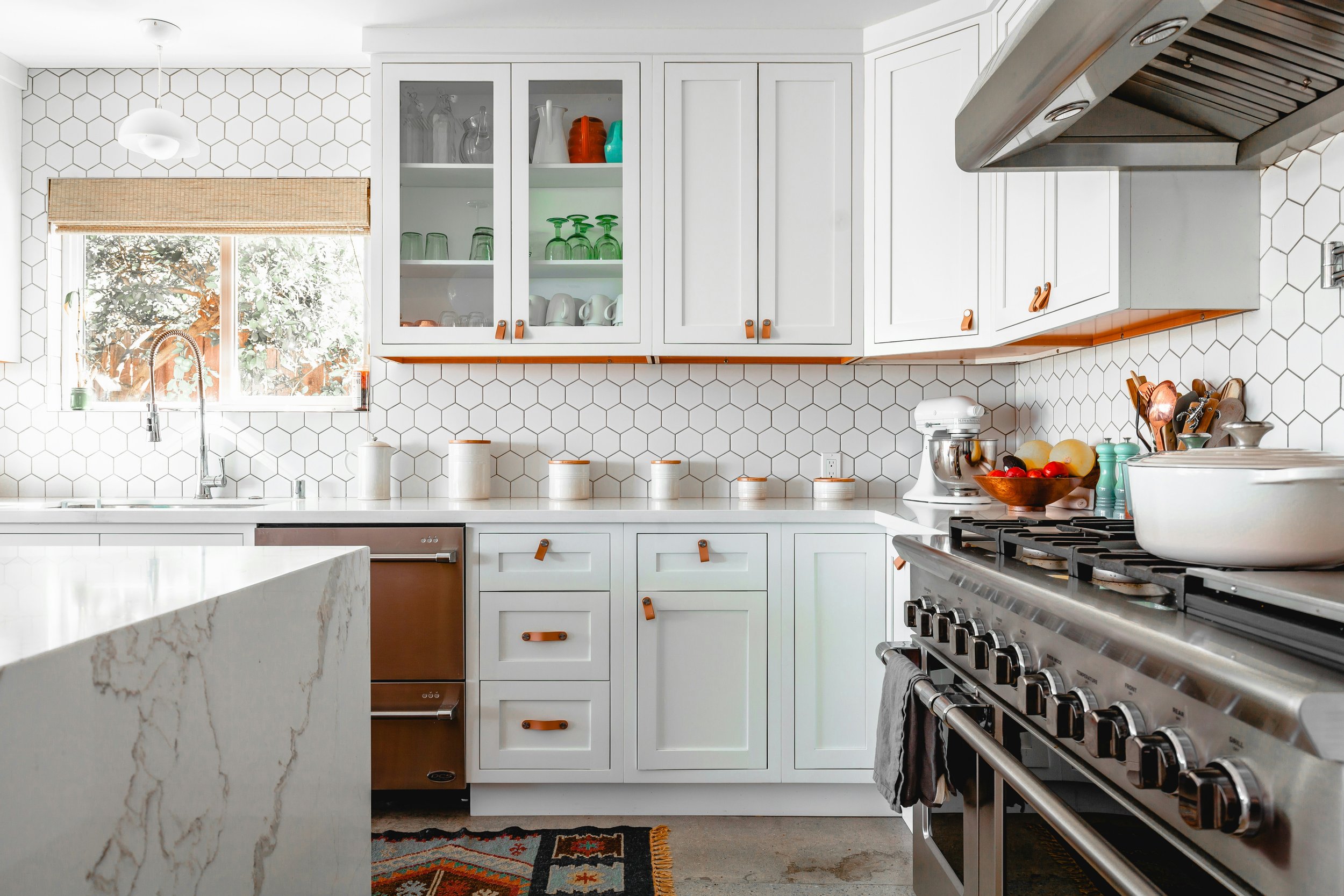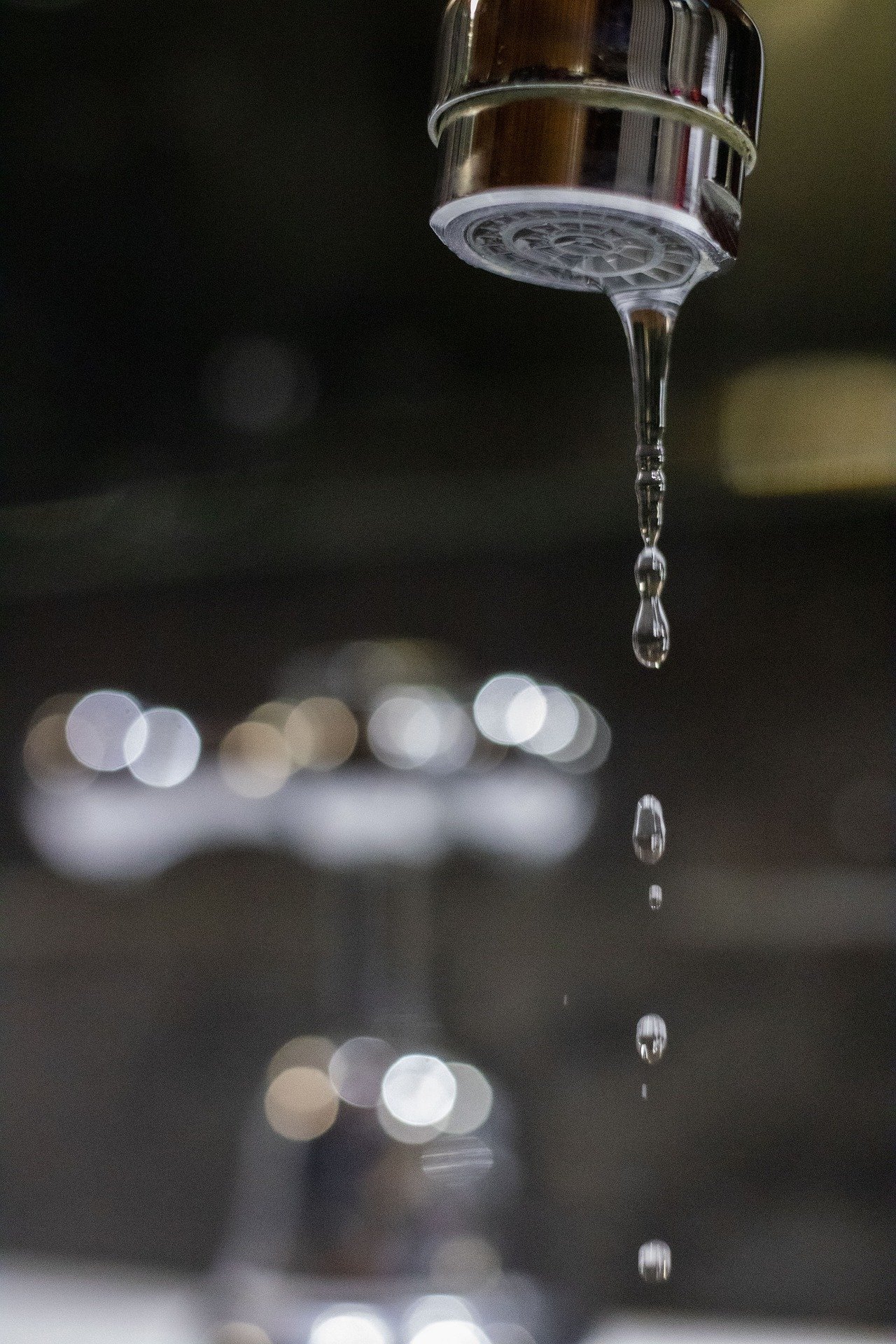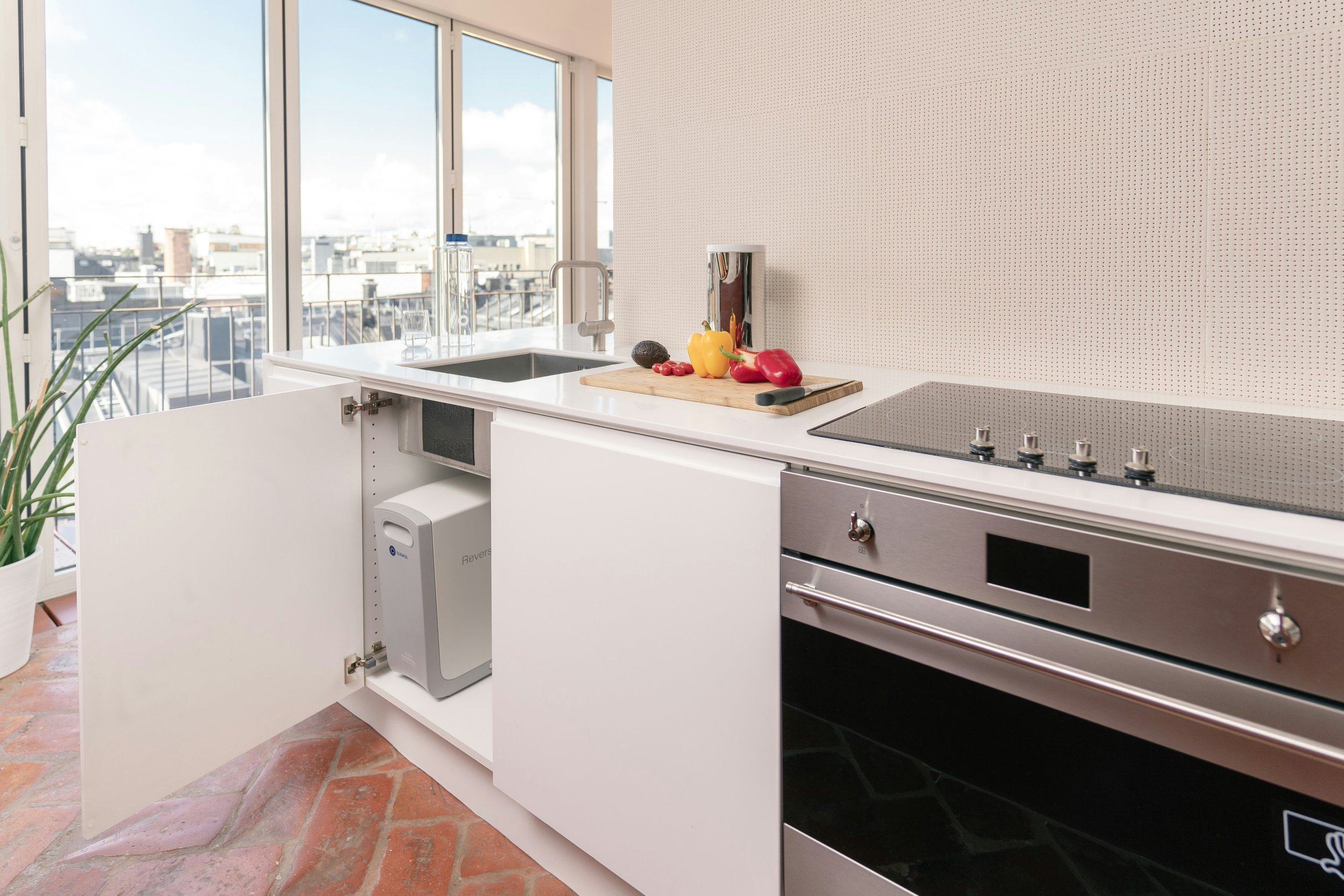How to Choose the Right Water Treatment System for Your Home
Learn how to choose the right water treatment system for your home with this guide, covering key factors like water quality, budget, and system types to ensure clean, safe water.
Access to clean water is a fundamental necessity, yet many of us overlook its complexities. Simply turning on the faucet doesn't guarantee that the water is free from contaminants. Without an effective water treatment system, harmful impurities can linger in your household supply, affecting not just safety but also the taste and odor of your water. Implementing a quality filtration or purification system can significantly improve your drinking water's quality, ensuring it’s safe for you and your family. This investment not only enhances the overall experience of using water in your home but also contributes to better health and well-being. Prioritizing clean water is essential for maintaining a healthy lifestyle and ensuring peace of mind.
There are many water treatment systems products on the market which makes it difficult to know which is right for your home. In this article, we’ll cover the different types of systems and how to determine which best suits your needs.
Assessing Your Water Quality
The first step in selecting the right water filtration system is to assess your current water quality. Many households may not realize that their water supply can contain a variety of elements, including beneficial minerals like calcium and magnesium, which are essential for health. However, it’s equally important to be aware of potentially harmful substances that could be present, such as chlorine, lead, or other toxic chemicals. Conducting a water quality test can help you identify these elements, allowing you to make informed decisions about which filtration system will best meet your needs. By understanding what’s in your water, you can choose a solution that effectively removes contaminants while preserving the beneficial minerals necessary for your well-being.
Your water quality varies greatly depending on where you live, so your location plays a big part in deciding the most suitable filtration system. For example, the Best Water Softeners for Arizona homes may not be the most effective for homes in California. To evaluate your water, get a water report from your local municipality or use a home testing kit. This should give you insight into which impurities are present.
Different Types of Water Treatment Systems
There are several types of water treatment systems available, each designed to treat different issues. Water softeners are suited to homes with hard water which can cause limescale build up. Removing these minerals preserves your pipes and appliances.
Reverse osmosis (RO) systems use a semi-permeable membrane to remove a huge range of contaminants. However, they can also remove healthy minerals so you should remineralize RO-treated water before drinking. Carbon filters are a more budget-friendly solution and use a process called adsorption to remove impurities. Finally, if you’re concerned about biological contamination, UV purification is a great option. These systems destroy bacteria, viruses, and pathogens.
Factors to Consider
When choosing a water treatment system for your home, weigh up these four key elements.
1. Household size
For families with kids, it's crucial to choose a water system that meets higher demands. Ensure you assess the system's capacity to handle your household's usage, especially during peak times like showers and laundry. A properly sized system will provide reliable access to water for everyone's needs without compromise.
2. Water usage
Do you have a swimming pool or garden irrigation? Installations like these can significantly increase your water usage, so you’ll need to look for a system that can handle higher volumes efficiently.
3. Local water quality
Understanding the type of water—soft or hard—and identifying common contaminants in your water source is essential for maintaining water quality. Soft water typically contains fewer minerals, while hard water can lead to buildup and scale. Knowing these factors helps you choose appropriate filtration or treatment solutions for your home.
4. Budget
Water treatment systems vary widely in price, so it's important to consider both the initial installation cost and ongoing maintenance expenses. A lower upfront cost may lead to higher long-term costs if maintenance is overlooked. Evaluating both aspects ensures you choose a system that fits your budget and long-term needs.
Choosing the Right Water Treatment System
Investing in a water treatment system is crucial for ensuring that your home’s water supply is safe and clean. By evaluating the quality of your local water and considering your household's specific needs, you can select a system that effectively addresses any contaminants present. This not only enhances your health by providing pure drinking water but also reduces the amount of cleaning required around the house due to less mineral buildup and staining. Moreover, having access to filtered water can improve your overall quality of life, making everyday tasks like cooking and cleaning more efficient and enjoyable. Ultimately, a well-chosen water treatment system is an investment in your family's health and comfort, providing peace of mind for years to come.






